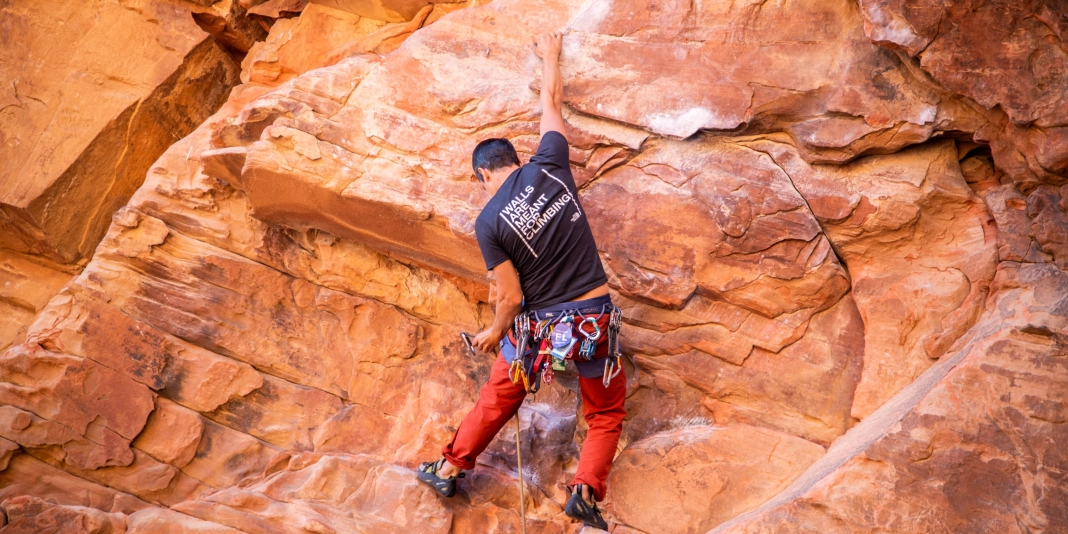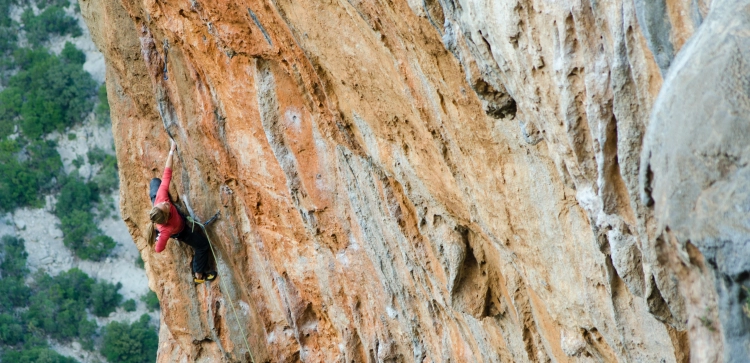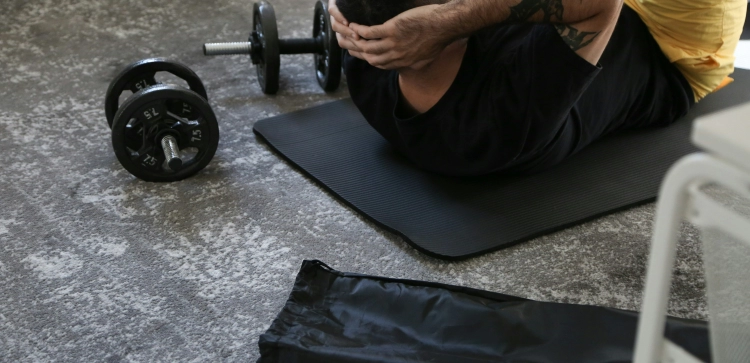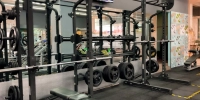How Do You Overcome Plateaus In Climbing Progress?

Climbing is a dynamic and rewarding sport, but like any pursuit, it comes with its fair share of challenges. One of the most common obstacles climbers encounter is reaching a plateau in their progress. Plateaus can be frustrating, but they're also an opportunity for growth. In this guide, we'll explore effective strategies, techniques, and mindset adjustments to help you break through climbing plateaus and continue making progress in your climbing journey.
Understanding Climbing Plateaus
Before we dive into solutions, it's essential to understand why climbers hit plateaus in their progress in the first place:
Lack of Variety:
Repeatedly climbing the same routes or using the same training methods can lead to stagnation. Not introducing new training, new routes, new moves, and new difficulties can lead to climbers not growing and progressing as much as they would otherwise.
Overtraining or Undertraining:
Finding the right balance in your training regimen is crucial. Overtraining can lead to burnout while undertraining may hinder progress. There is a balance that climbers must find, and this balance depends on each climber individually.
Mental Blocks:
Climbing is as much a mental challenge as it is physical. Fear, self-doubt, or negative thinking can hold you back. Allowing your mind to take control with negative thoughts can bring those thoughts to life, reduce your confidence in yourself and in your climbing, and can impact the performance at which you climb and progress.
Strategies for Overcoming Climbing Plateaus
While there may be many reasons why climbers reach a plateau, there are also many solutions to it. Here are a few options that could help you break through your climbing plateau:
Embrace Variety:
Incorporate a variety of climbing routes and styles into your training. Bouldering, sport climbing, and traditional climbing offer different challenges and approaches to climbing. If you are mainly a boulderer, try out sport climbing. Sport climbing can teach you to climb more efficiently while preserving strength, which is an incredible benefit and skill to have in bouldering. Each climbing style can contribute to the others, and investing in them can help get you through your plateau stronger, especially while trying out different training routines and styles.
Periodization Training:
Break your training into cycles with specific goals. Include periods of rest and lower-intensity training to avoid burnout. There are many ways to incorporate this, some like to train heavily for 2 weeks and then take a week off, allowing their body to fully recover. Some have a heavy training week and then a low-volume training week. It depends on your body and its capabilities. The key here is to listen to your body and to allow yourself the right amount of rest.
Skill Development:
Focus on improving specific climbing skills, such as technique, balance, and footwork. These improvements can lead to breakthroughs. Going down a few grades to try and climb them more efficiently can have a great impact on your climbing on higher grades. The same goes the other way, learning even a single move on a much harder route can do wonders for your motivation and technique.
Mental Training:
Work on your mental game through visualization, positive self-talk, and meditation. Addressing mental blocks can open new doors in climbing. Yoga and mindfulness are great exercises for this, as they help make you mentally stronger and better able to prepare your mind for difficult routes and for training more efficiently.
Seek Feedback:
Talk to more experienced climbers or coaches who can provide valuable feedback on your climbing style and weaknesses. Many times we think we are doing something correctly, while in reality, we are either doing it wrong or doing something completely different. Discussing with other climbers and getting their feedback can be one of the best things you can do to break through your plateau and improve your climbing.
Staying Motivated During Plateaus
Climbing plateaus can test your motivation, but with the right mindset, you can push through:
- Set New Goals: Define clear and achievable goals. Whether it's conquering a specific route or mastering a particular technique, having objectives keeps you motivated.
- Embrace Failure: Understand that failure is part of the climbing journey. Each fall or setback is an opportunity to learn and improve.
- Find Inspiration: Watch climbing videos, read books, or connect with the climbing community to reignite your passion.
- Mix It Up: Occasionally try something different, like outdoor climbing, to break the routine and rekindle your excitement.
- Be Patient: Plateaus are temporary. Trust in your training and give yourself time to progress. Celebrate small victories along the way.
Climbing plateaus are not roadblocks but stepping stones in your climbing progress.
By embracing variety in your training, addressing weaknesses, and nurturing a positive mindset, you can break through plateaus and continue to evolve as a climber.
Remember that climbing is a journey of self-discovery, perseverance, and growth. Plateaus are merely opportunities to prove your dedication and determination. Keep climbing, keep learning, and keep reaching for new heights in your climbing journey.















